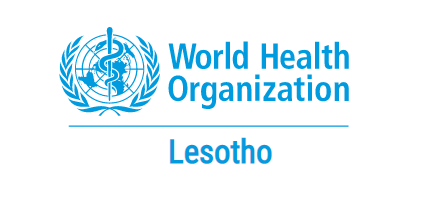Global Courant 2023-05-30 22:03:23
Download logo
To strengthen public health surveillance in Lesotho using a network of expert systems for early detection of health threats, the World Health Organization recently conducted a training on Epidemic Intelligence from Open Sources (EIOS) for more than 20 Food and Agriculture Organization health specialists , (FAO) the Ministries of Health, Agriculture, Food Security and Nutrition, Natural Resources and Environment.
The (EIOS) initiative is a unique collaboration between various public health stakeholders around the world. Under a common vision, it brings together new and existing initiatives, networks and systems to strengthen public health intelligence (PHI) by creating a unified, all-threat One Health approach to early detection, verification, assessment and communication of public health threats use publicly available information.
EIOS addresses the need for a strong global PHI community supported by robust, harmonized and standardized PHI systems and frameworks across organizations and jurisdictions. To this end, the initiative is multi-stakeholder driven and led by WHO under the Health Emergencies Program (WHE).
Technical Officer, Health Emergencies Information and Risk Assessment of WHO Regional Office for Africa (AFRO), George Williams, stated during the training that EIOS is built on “a growing global community of practice, a range of multi-disciplinary staff and an evolving fit-for-purpose system. The global community, including Member States, international and regional organisations, expert networks, research institutes and other collaborators, is at the heart of the initiative; saving lives through early detection of threats and rapid intervention is the ultimate goal.”
Dr. Tiiti Moleko, director of the Department of Disease Control of the Ministry of Health, stated that “the training on epidemic information from open sources was a welcome development, as it is important to introduce early warning mechanisms to mitigate the negative impact caused by emergencies on the field of public health.” She further emphasized the need for multi-sectoral cooperation in addressing public health emergencies.
Workshop participants described the training as timely and beneficial to the country’s public health sector.
According to Ntsoaki Mokete, the National Integrated Disease Surveillance and Response (IDSR) liaison of the Department of Health, “EIOS has helped me as a surveillance officer whose role is to detect, investigate and respond to emergencies in a timely manner. This training will improve our early warning system and we appreciate the technical and financial support that the World Health Organization is providing in the African region,” she said.
Another participant from the Ministry of Agriculture, Peo Ntho, stated that the training will facilitate media scanning/monitoring in case of a health emergency. “This will help detect an impending epidemic more quickly and it will allow us to be better prepared and ultimately avert the danger.”
With this training, Lesotho is now part of the global Epidemic Intelligence from Open Sources community, as the 20th member state in the African region to join.
Distributed by APO Group on behalf of the World Health Organization (WHO) – Lesotho.
This press release is issued by APO. The content is not checked by the African Business editors and none of the content has been checked or validated by our editors, proofreaders or fact-checkers. The publisher is solely responsible for the content of this announcement.








